No Ivy League
By Hazel Newlevant
Lion Forge
[Disclaimer: Lion Forge is a sister company of Syndicated Comics, which publishes The Beat.]
We all live in a bubble. This is one of those inarguable truths about human reality. A good number of us actually live in a bubble within a bubble, with further bubbles added in certain situations. Our bubble encompasses our surroundings, our experience, and our community.
It is neither positive or negative, it is just a measurement. The positives and negatives come in the form of what our bubbles do in regard to our understanding of other bubbles — more specifically, how we react when we encounter the realities of other bubbles.
And never before in human history has it been so easy to look beyond your own bubble and peer into someone else’s. That’s something that can be life-changing. It can also be infuriating, depending on what you see. The real question becomes whether you should hold someone responsible for what was ingrained in them from their bubble. The other one is whether you should punish them if they are slow to adapt to the realities of the other bubbles.
That’s what I kept thinking while reading Hazel Newlevant’s No Ivy League, which, on the surface, is about a teenager taking a summer job and learning some things about themself and the world when they do. But on a deeper level, it’s about these bubbles and what happens during that pivotal time — which most of us have — where our bubbles at least partially merge with others. We’re forced not just to accept what’s in those other bubbles or hope that others accept what’s in ours, but also have to figure out the right balance in honoring all the bubbles’ right to exist on their own terms. We also have to manage the expectation that the inhabitants of all those bubbles will pledge the same approach to respectful interaction.
Newlevant takes a casual, friendly pace with the events that unfold, and they depicts themself as a pretty happy kid in a pretty happy situation. Homeschooled and well-entrenched in that world, Newlevant has a goal to achieve — a trip to Washington D.C. to see the band Guster with their boyfriend and their friend. In order to raise the money, they’re taking part in a video contest with a homeschool pride theme, but Newlevant also takes on a summer job in order to make sure the trip happens, and that job turns out to affect them more than they ever expected.
Homeschooling is definitely a bubble and Newlevant’s experience is a bit like culture shock. It’s also humbling for them, as they find that communal support, sincere curiosity about things that are different, and nurturing positivity are not instilled in everyone, especially those who are marched through a public school experience. They are a little off-put by it, but keep an open mind despite the alienation they feel.
But they are also confronting things about themself that these encounters bring up. One is an uncomfortable preoccupation with one of the counselors, an older guy, that highlights how their experience has somewhat displaced their ability for natural interaction with people their own age. At the same time, the rejection they feel from the other teen workers manifests itself in unwise ways towards the counselor. This is not the person Newlevant thought they were.
At the same time, their experience is uncovering privileges that they enjoy that they never even considered. This creates a mounting guilt within them, especially when confronted with harassment, the solution towards which doesn’t provide any easy answer about how to handle conflict. Each player in the dispute finds themselves victimized by the privilege of the other, while also invoking their own privilege to act against the other. It’s a complicated world, as they say.
Worse is a revelation that changes everything for Newlevant, a bit of information that shapes their entire homeschool experience as one born of privilege, and also fear that is born from experience but has an uncomfortable racist aspect attached to it. What do you do when you have benefited from a form of racism without your knowledge?
For asking such big questions, Newlevant never gets preachy, never retreats into a frantic tone, and never tries to distance themself from their own place within the questions. It’s a sober account of something a lot of people go through and, unfortunately, continue to go through.
In their afterword, Newlevant talks about how a decade has passed since these incidents, which were life changing for them, and I just thought about how they keep happening, they just don’t stop. Just when you settle into the new atmosphere in your bubble and make it work, there’s a whole new collision with a whole new bubble that is going to reshape your own. It’s constant and the best we can do is have patience with each other through these moments. Every bubble operates under singular rules. Help them with the change, but be understanding, be friendly, and be aware of what you need to do in your own bubble. Kindness rules. That’s the most important part of what Newlevant depicts.


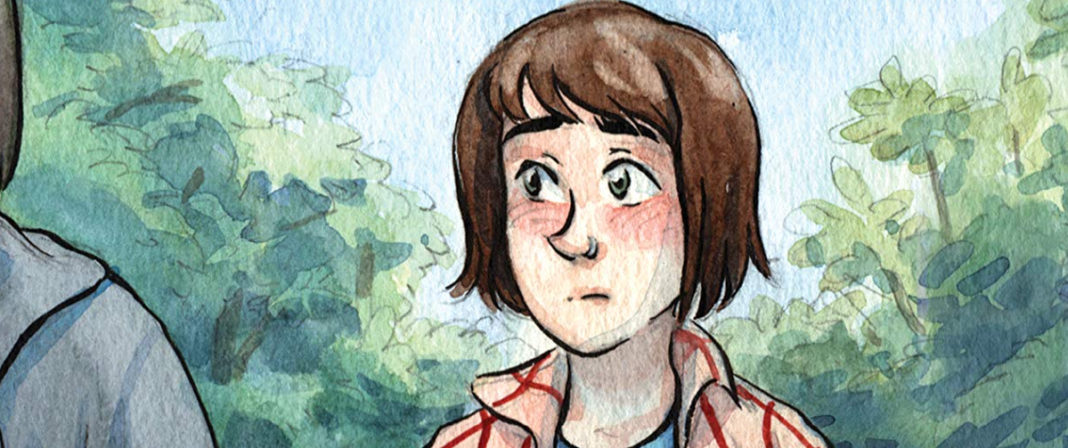
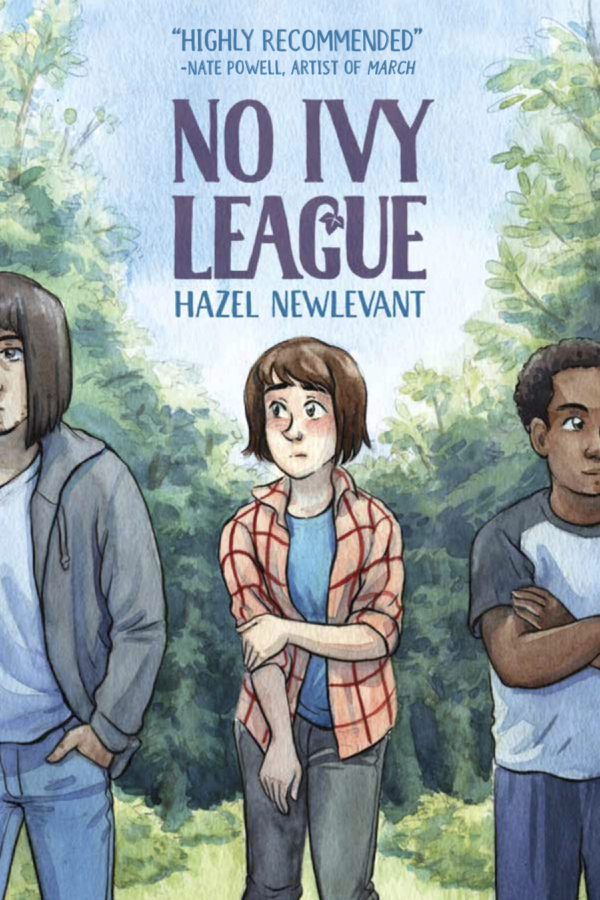
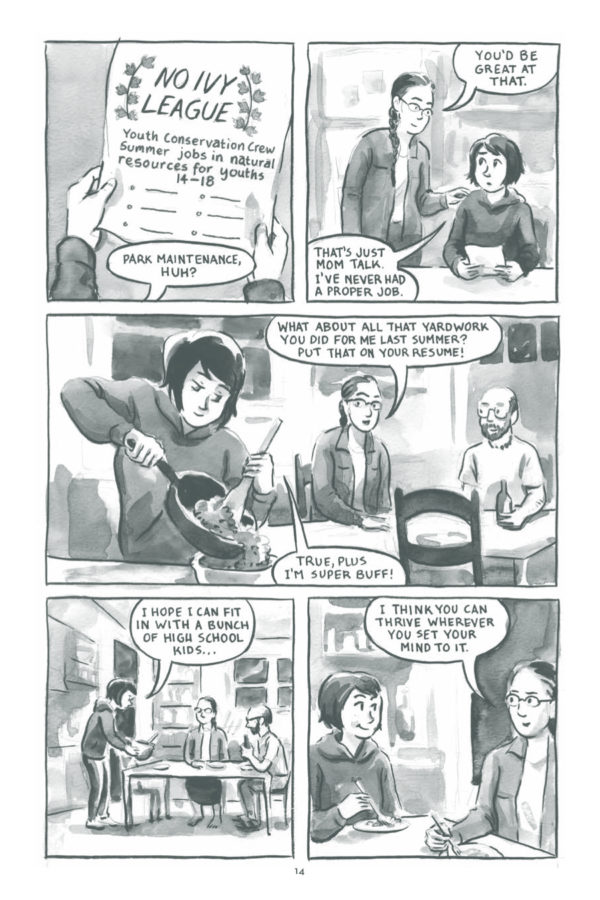
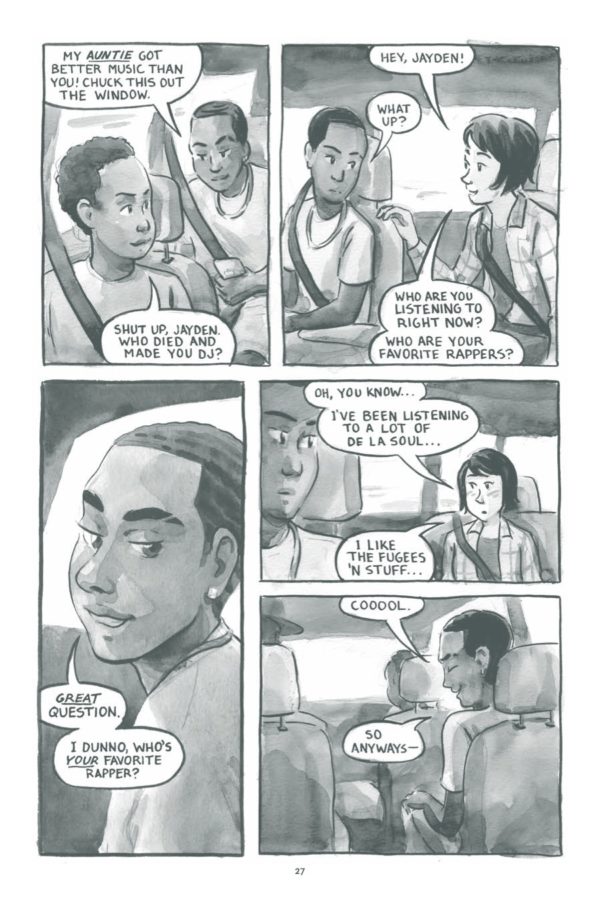
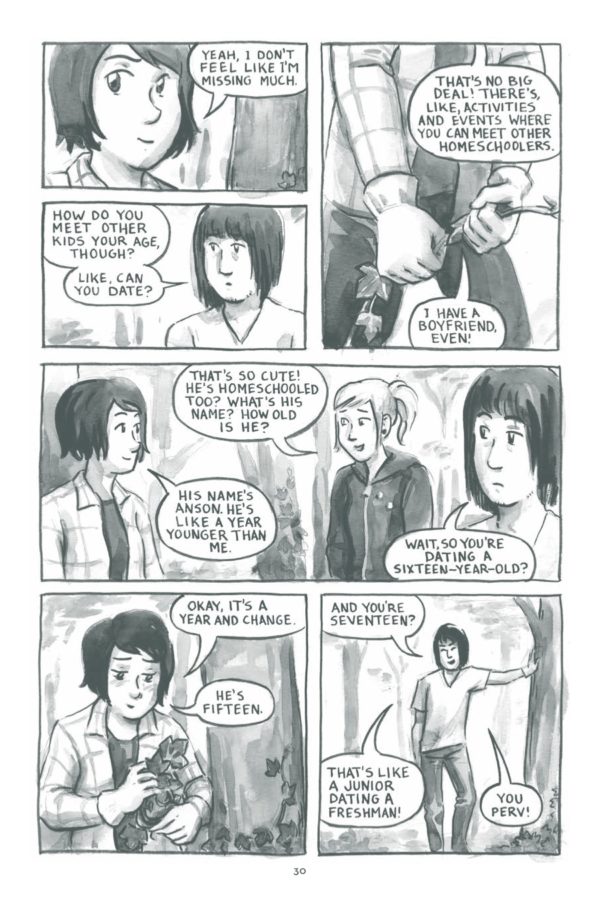
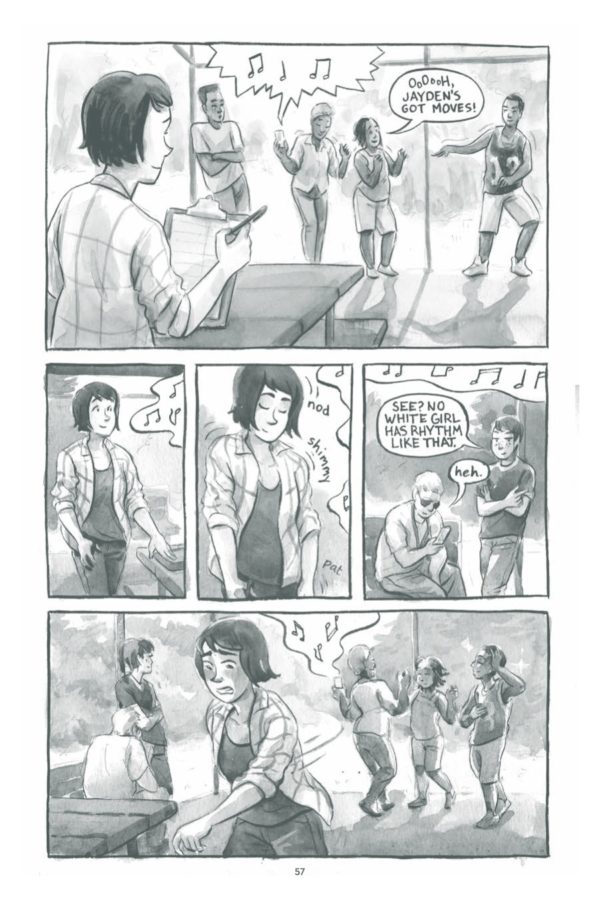
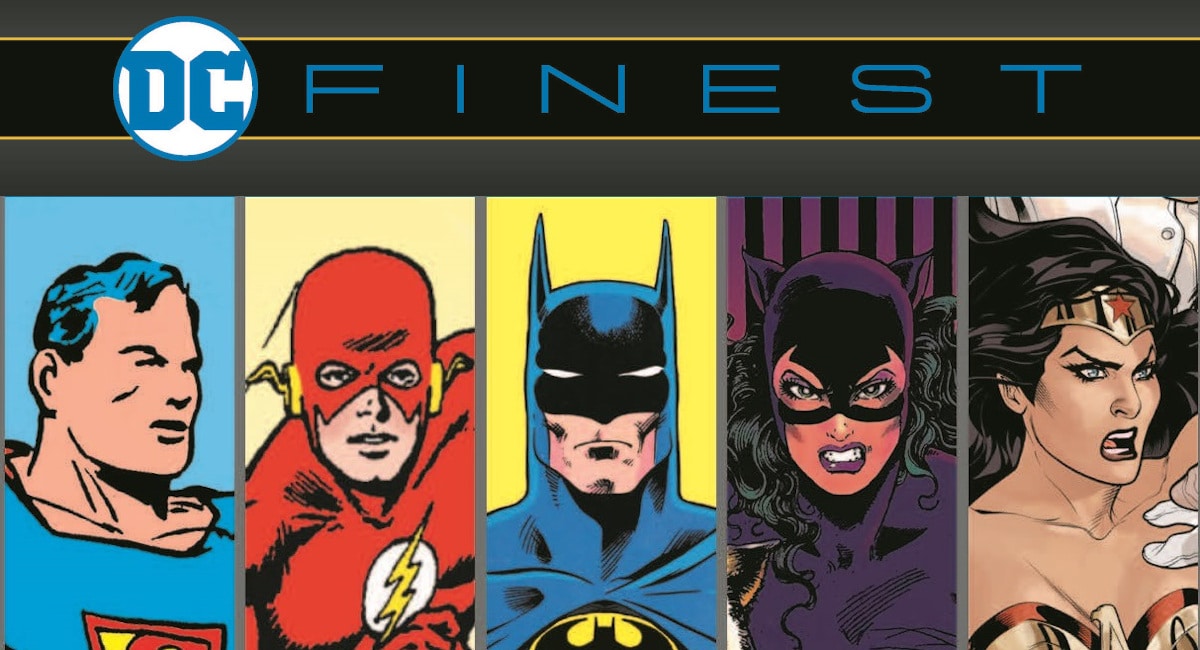
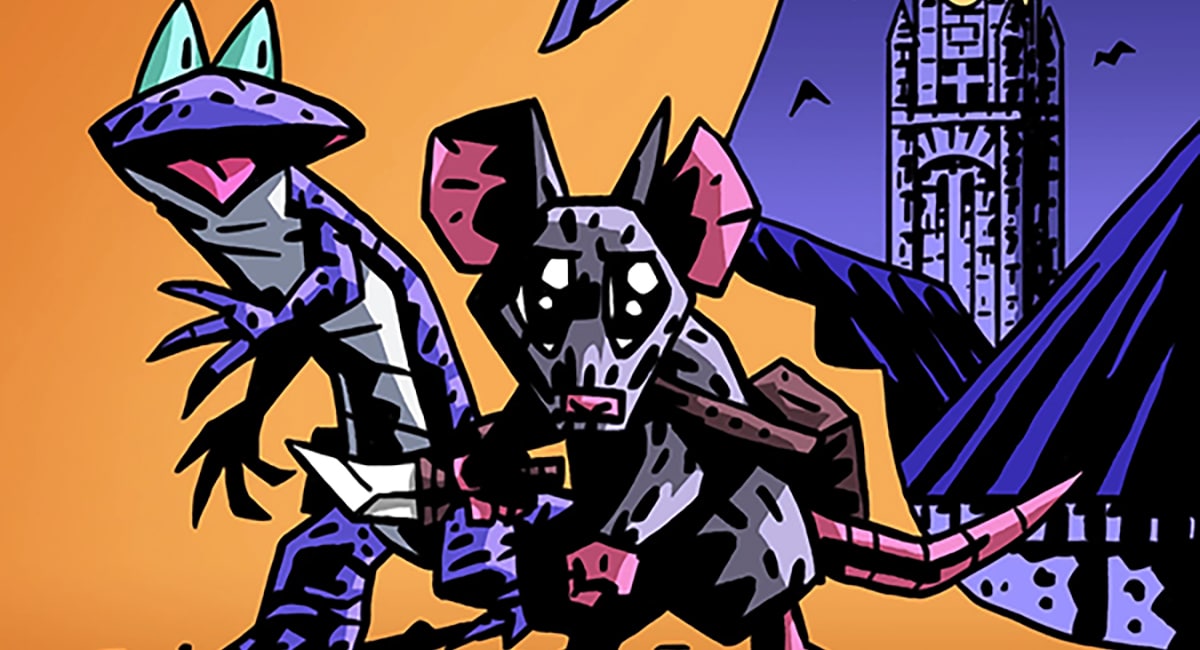
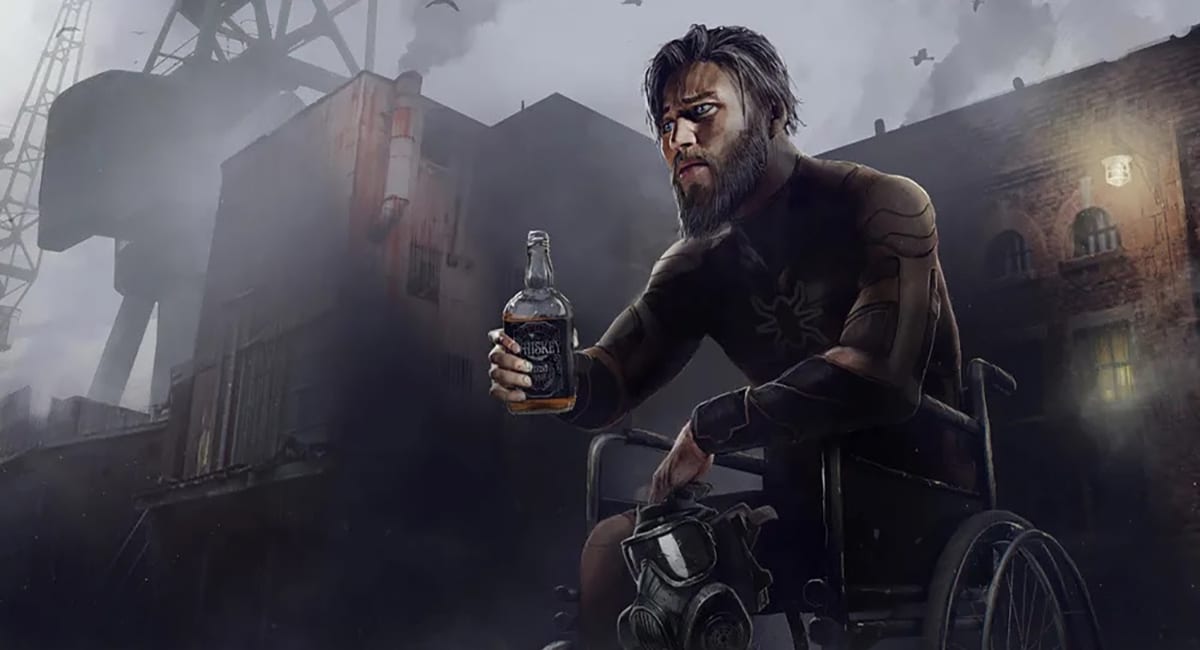



Comments are closed.